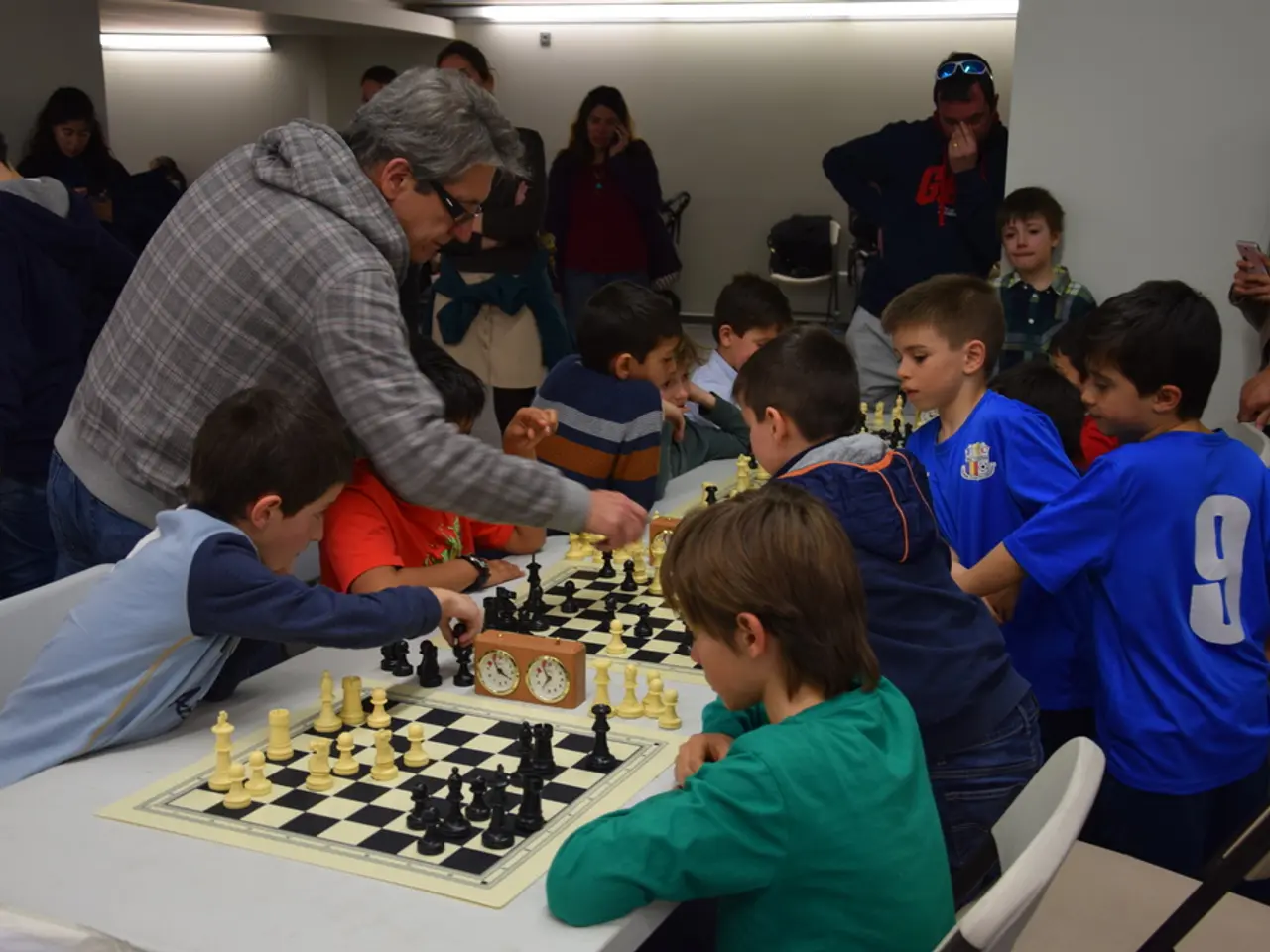Acclaimed American theater and opera innovator Robert Wilson succumbs to death at age 83
Robert Wilson, the American director who revolutionized stage and opera with his groundbreaking works, passed away on July 31 at the age of 83. Wilson's death was confirmed by a statement on his website, which stated that he continued to work right up until his final moments.
Throughout his illustrious career, Wilson created a distinctive artistic legacy, blending theater, opera, and experimental performance art. His works, which included both original productions and traditional repertoire pieces, were widely popular and left an indelible mark on contemporary stage and opera production.
Notable Works
Some of Wilson's most notable works include "The Life and Times of Joseph Stalin" (1974), a major theatrical production exploring the life of Stalin; "Einstein on the Beach" (1976), a landmark avant-garde opera created in collaboration with composer Philip Glass; "Death, Destruction, and Detroit" (1979), a theatrical piece known for its epic scale; "The Civil Wars" (1983); "Deafman Glance" (1970), described as a “silent opera”; and Shakespeare productions such as "King Lear" (1985) and innovative interpretations of "Hamlet" (1995).
Wilson's collaborations with artists such as choreographer Andy de Groat, Tom Waits, Isabelle Huppert, Lady Gaga, and ballet legend Mikhail Baryshnikov also played a significant role in his success. Notable collaborative works include "The Black Rider" (1990) and "Alice" (1992), both with music by Tom Waits; and "Time Rocker" (1996), with music by Lou Reed and text by Darryl Pinckney.
International Recognition
Wilson's work was particularly well-received in France, where his love affair with the country began with "Deafman Glance" ("Le Regard du Sourd"), a seven-hour "silent" show presented at the Nancy Festival in 1971, and later in Paris. In a 2021 interview with AFP, Wilson referred to France as his "home."
Wilson was catapulted onto the international stage with "Einstein on The Beach," a nearly five-hour opera staged several times since its creation, with music by Philip Glass. His productions, which included both original works and traditional repertoire pieces, were widely popular.
In addition to theater and opera, Wilson was an influential visual artist and designer, recognized for his contributions to sculpture, installation art, and stage design worldwide.
Minimalist Aesthetics
Wilson's trademarks included minimalist aesthetics, body language influenced by Asian theatrical forms, and lighting effects evoking dreamlike worlds. "Einstein on the Beach" does not aim to explain the theory of relativity but to convey the upheaval introduced by the notion of space-time, notably through dance.
"Einstein on the Beach" was inspired by a real-world incident in 1967, where Wilson witnessed a 13-year-old Black teenager, Raymond Andrews, being beaten in the street by a police officer. Wilson later adopted him. This incident, along with Wilson's lifelong commitment to social justice, is reflected in many of his works.
Wilson's death occurred peacefully in Water Mill, New York, following a brief but acute illness. His influence on contemporary theater and opera will continue to be felt for years to come.
Wilson's innovative works, such as "Einstein on the Beach" and "The Life and Times of Joseph Stalin", blended theater, opera, and experimentation, marking a significant impact on contemporary stage and opera production. His influence and legacy extend beyond the stage, recognized in the realm of visual arts for his contributions to sculpture, installation art, and stage design.






